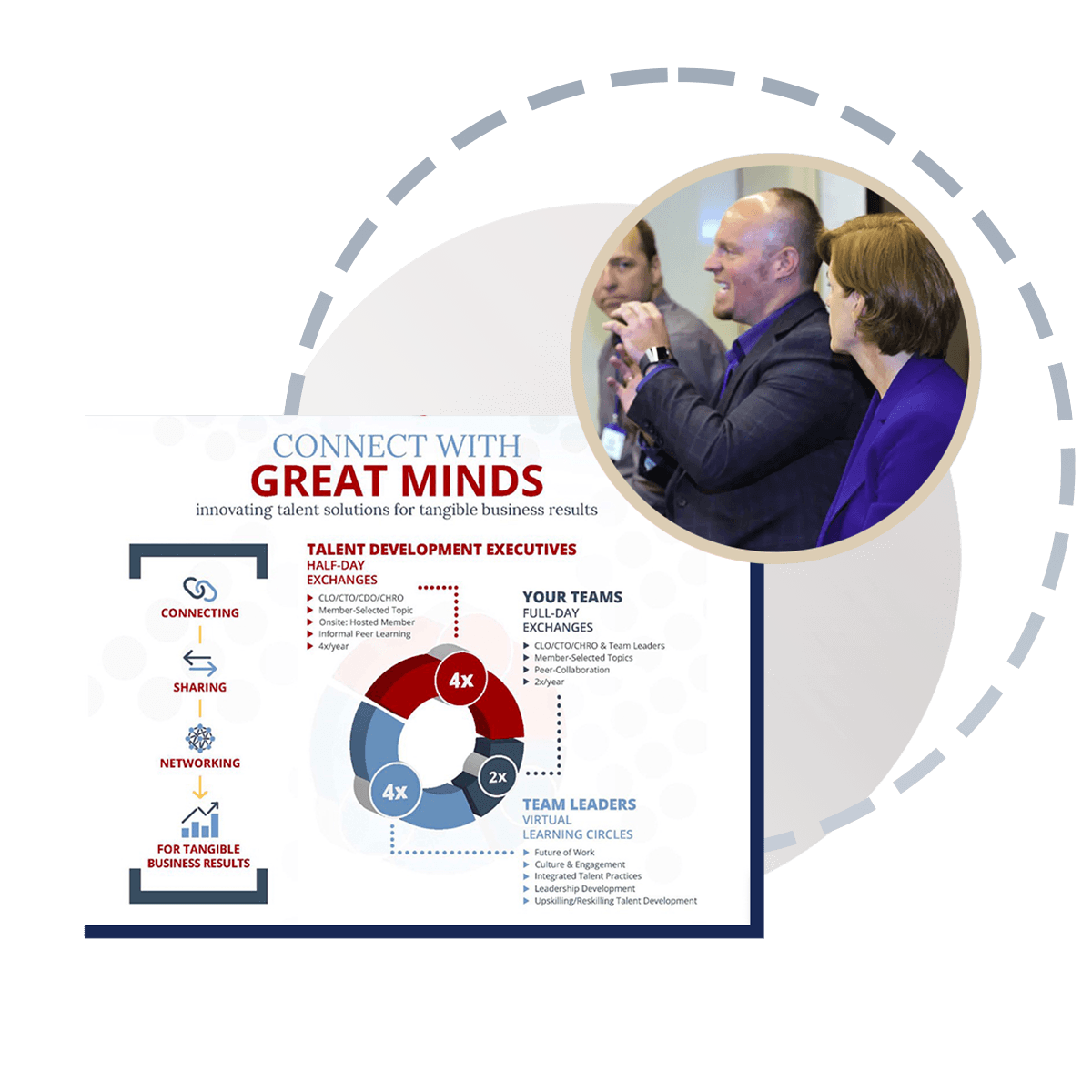This session provided a comprehensive exploration of how learning and development (L&D) can evolve into agile, data-integrated entities to effectively meet the demands of a rapidly changing business landscape. With a focus on "Transforming L&D for Tomorrow's Challenges," we explored strategies that not only address current skills gaps but also aim to future-proof our workforce against upcoming challenges.
"We're not just about filling gaps, we're about future-proofing our workforce." -- Julian Malnak, GEICO
As Julian insightfully noted, this perspective is crucial as it shifts the L&D paradigm from reactive to strategic, emphasizing the importance of preparing our organizations for the future rather than merely responding to the present.
Key Takeaways for Senior HR Talent Leaders:
-
Embrace Agile L&D Frameworks: Ensure that learning and development strategies are flexible and adaptable, capable of responding quickly to new challenges and opportunities as they arise.
-
Harness Data and Technology for Enhanced Learning: Leverage the power of data analytics and artificial intelligence to create personalized, impactful learning experiences that are directly aligned with business goals.
-
Cultivate a Culture of Continuous Learning: Foster an environment where learning is continuous, collaborative, and deeply integrated into the fabric of the organization, promoting a culture of growth and innovation.
Practical Actions:
-
Implement Agile Methodologies: Regularly review and adjust training programs to reflect current trends and feedback. Adopt agile methodologies that enable quick pivots and adaptations without extensive overhauls.
-
Develop a Data Analytics Framework: Invest in technology that supports the collection and analysis of data from L&D activities. Use this data to tailor learning programs to individual needs and measure their effectiveness in real time.
-
Promote Continuous Professional Development: Champion policies and initiatives that encourage continuous learning. Provide platforms for knowledge sharing and collaboration, and recognize and reward learning and innovation within the organization.
By embracing these strategies, senior HR talent leaders can transform their L&D functions into dynamic, future-oriented pillars of their organizations. This shift is not just about adapting to change—it's about leading it, ensuring that our teams are not only prepared for the future but are also instrumental in shaping it.
